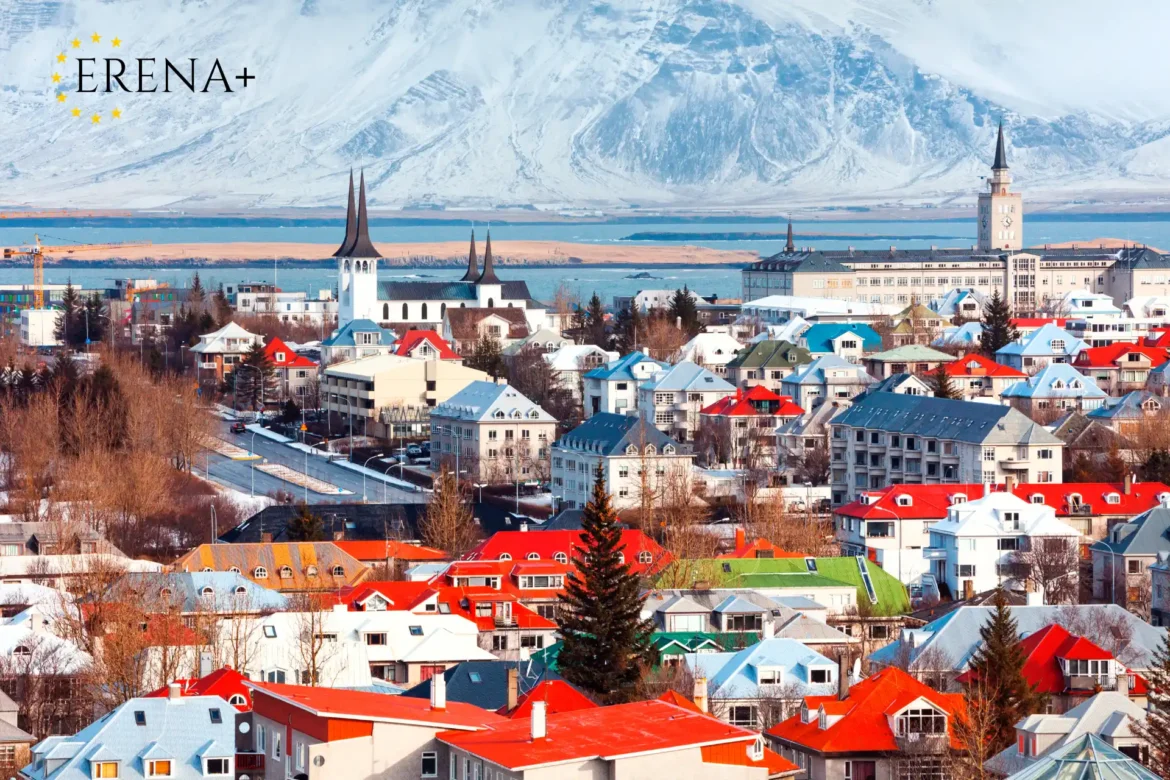Iceland is a fascinating country, known for its unique natural landscapes and high standard of living. The rental market here has its own specific features, which are essential for both locals and foreign tenants to understand. In this article, we will delve into the main characteristics of Iceland’s rental market, current trends, types of housing, and recommendations for a successful search.
General Characteristics of Iceland’s Rental Market
Iceland’s property market has unique traits shaped by social, economic, and geographical factors. Key features include:
- High rental costs: Renting in Iceland, especially in the capital region, is expensive. This is due to limited supply and high demand driven by population growth and tourism.
- Concentration in the capital: Most tenants look for housing in Reykjavík and its suburbs, as this is where most infrastructure and jobs are located.
- Tourism impact: Tourism significantly affects the market. Many property owners prefer short-term rentals for tourists, reducing the availability of long-term housing.
- Long-term orientation: Rental agreements in Iceland are typically long-term. Finding short-term accommodation can be more challenging.
Types of Rental Properties
Various types of housing are available on the Icelandic rental market. The choice depends on the tenant’s preferences, budget, and duration of stay.
- Apartments: The most popular housing option in cities, particularly in Reykjavík. Prices vary depending on location, size, and amenities.
- Houses: Renting a house is more common outside the capital. This is an excellent option for families or those seeking privacy.
- Rooms and dormitories: Popular among students and those looking for more budget-friendly accommodation.
- Cottages: Often available for short-term rentals. These are popular with tourists but tend to be more expensive.
Average Rental Prices
Rental prices in Iceland vary significantly by region. Here are approximate figures:
- Reykjavík city center: A one-bedroom apartment costs between 180,000 and 250,000 ISK per month (approximately €1,200–€1,700).
- Suburbs of Reykjavík: Prices are slightly lower, ranging from 140,000 to 200,000 ISK (€900–€1,400).
- Outside the capital region: Prices range from 90,000 to 140,000 ISK (€600–€900).
It’s worth noting that additional expenses, such as utilities, are often not included in the rental price.
Legal Aspects of Renting
In Iceland, rental agreements are clearly regulated by law, which protects both landlords and tenants. Key points include:
- Rental agreements: All terms must be specified in a written contract, which is mandatory for both parties.
- Deposit: Landlords typically require a deposit of one to three months’ rent. This deposit is returned at the end of the lease, provided the property is left in good condition.
- Lease duration: Most contracts are long-term, typically lasting a year or more. Early termination is possible under the terms of the agreement.
- Tenant rights: Tenants are entitled to privacy and the landlord’s timely resolution of any issues with the property.
- Tenant responsibilities: Tenants are required to pay rent on time and take care of the property.
Tips for Tenants
Renting property in Iceland, especially for foreigners, can be challenging. The following tips can help simplify the process:
- Start your search early: Competition for housing is high, so begin your search several months before your planned move.
- Use local platforms: Popular resources in Iceland include Leigulistinn or Facebook groups like “Rent in Reykjavík.”
- Account for additional costs: Keep in mind that utilities, such as heating and electricity, are often paid separately.
- Inspect properties in person: Whenever possible, visit the property before signing a lease to avoid surprises.
- Read contracts carefully: Ensure that all important terms, such as early termination clauses or pet policies, are included in the agreement.
Tourism and Pandemic Impact on the Rental Market
Iceland is one of the most popular tourist destinations, which directly affects the rental market. Many property owners prefer short-term rentals as they generate higher income, reducing the availability of long-term housing, especially in the capital.
The COVID-19 pandemic temporarily changed this dynamic. In 2020–2021, many properties previously used for short-term rentals became available for long-term leases due to the drop in tourism. However, as tourism returned in 2023–2024, the market shifted back toward short-term rentals.
Current Challenges in the Rental Market
Iceland’s rental market faces several challenges:
- Shortage of affordable housing: New housing developments struggle to keep up with demand.
- Rising construction and energy costs: These factors contribute to higher rental prices.
- Difficulties for young people: Young adults and students face increasing challenges in finding affordable housing.
Future Prospects
The Icelandic government is actively working to address the housing crisis. Measures include:
- Construction of new housing developments.
- Restrictions on renting properties through short-term platforms like Airbnb.
- Subsidies for low-income residents.
Conclusion
The rental market in Iceland combines high prices, limited supply, and specific conditions. Successful housing searches require thorough preparation, understanding of local regulations, and flexibility. Despite its challenges, Iceland offers tenants the unique opportunity to live in a country with a high quality of life and breathtaking natural surroundings.

